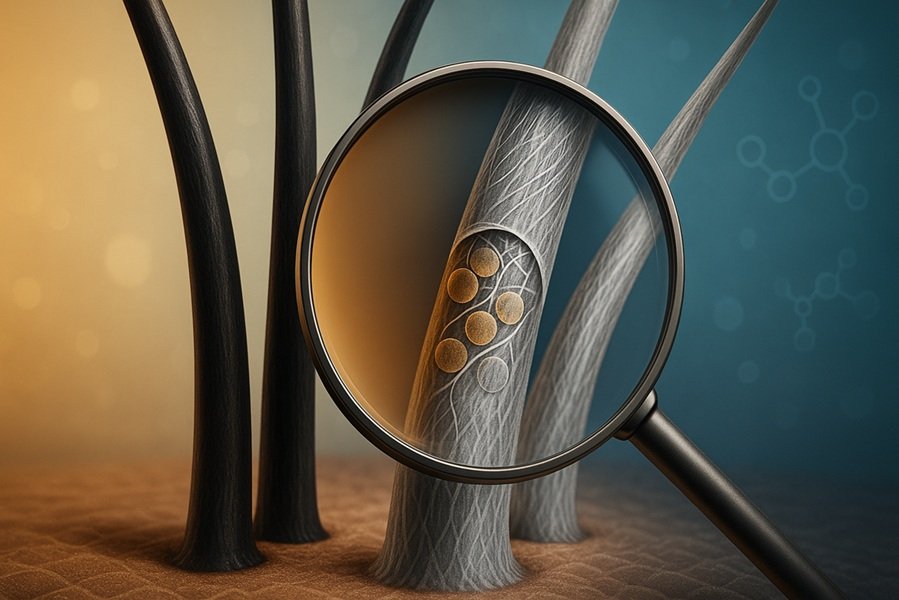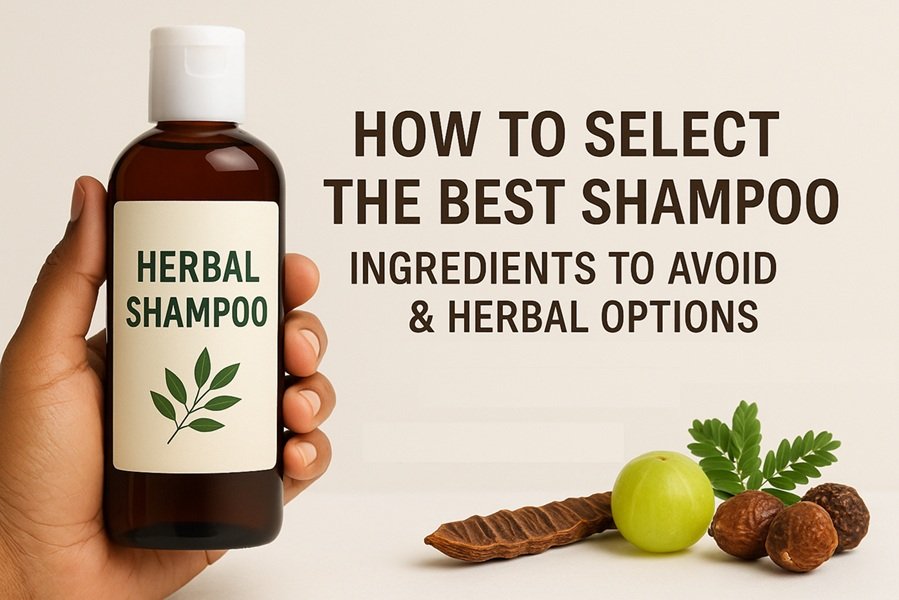
Introduction
Lubricants, often called “lubes,” are substances used to reduce friction and enhance comfort during intimate moments. They are commonly used by couples for a smoother and more relaxed experience. Lubricants can be especially helpful when natural lubrication is not sufficient, which may happen due to stress, medication, hormonal changes, menopause, or simply personal preference.
But not all lubricants are the same. They vary in composition, texture, safety, and purpose, and choosing the right one matters for comfort, health, and long-term well-being. This article discusses the types of intimate lubricants, their benefits, how to use them safely, and what to avoid.
Why Are Lubricants Used?
1. Reduces Friction
Friction can sometimes cause discomfort. Lubricants provide a smooth glide and prevent irritation.
2. Enhances Comfort
For people experiencing dryness, lubricants can make intimacy more enjoyable and relaxed.
3. Helps With Specific Health or Hormonal Conditions
Women may experience dryness due to:
- Menopause
- Post-pregnancy changes
- Certain medications
- Stress or anxiety
In these cases, lubricants can be very helpful.
4. Improves Confidence and Connection
Comfort plays a key role in emotional bonding and trust.
Types of Lubricants Used in Intimacy
There are four major types of personal lubricants:
| Type | Texture & Feel | Best For | Compatibility | Notes |
|---|---|---|---|---|
| Water-Based | Light, non-sticky | General use, safe for most people | Safe with latex & silicone toys | Most commonly recommended |
| Silicone-Based | Silky, long-lasting | Extended intimacy, water play | Safe with latex, not safe with silicone toys | Hard to wash off |
| Oil-Based | Thick, hydrating | Massage + intimacy | Not safe with latex condoms | May irritate sensitive skin |
| Hybrid (Water + Silicone) | Balanced texture & longer glide | People who want durability but easy wash-off | Safe with latex condoms | A mix of benefits |
1. Water-Based Lubricants
Most commonly recommended because they are:
- Gentle on skin
- Easy to clean
- Safe for daily/intimate use
- Compatible with condoms
Pros
✔ Feels natural
✔ Does not stain
✔ Safe for sensitive skin
✔ Easily washable
Cons
✘ May dry out faster
✘ Might require reapplication
Best For: People looking for a safe everyday lubricant.
2. Silicone-Based Lubricants
Silicone lubes are silky and last longer without drying out.
Pros
✔ Very long-lasting
✔ Waterproof — works even in the shower
✔ Excellent for prolonged intimacy
Cons
✘ Can stain fabric
✘ Harder to wash off
✘ Not safe with silicone toys (they can break down the material)
Best For: Couples who want long-lasting lubrication or prefer water play.
3. Oil-Based Lubricants
Made from natural oils such as coconut oil, almond oil, or mineral-based oils.
Pros
✔ Very moisturizing
✔ Smooth texture
✔ Good for massage + intimacy combinations
Cons
✘ Not safe with latex condoms (can cause breakage)
✘ Higher chances of irritation or infections in some individuals
✘ Hard to wash off
Best For: Couples not using latex condoms and who prefer natural products.
4. Hybrid Lubricants
A combination of water-based + silicone.
Pros
✔ Longer lasting than water-based
✔ Less thick than silicone
✔ Balanced feel
Cons
✘ Slightly harder to wash than water-based
✘ May not be suitable for very sensitive skin
Best For: People who want a smooth feel that still rinses off more easily than full silicone.
Things to Consider Before Choosing a Lubricant
1. Skin Sensitivity
If you have sensitive skin, choose unscented, glycerin-free, paraben-free lubricants.
2. Condom Compatibility
- Latex condoms → Use water-based or silicone-based lubes.
- Avoid oil-based lubes with latex.
3. Ingredients to Avoid
Try to avoid:
- Glycerin (can cause yeast infections for some women)
- Parabens (preservatives linked to irritation)
- Petroleum jelly (clogs skin pores and is not latex safe)
- Artificial fragrances or cooling/warming additives (may irritate)
4. Purpose of Use
- Everyday comfort → Water-based
- Long-lasting glide → Silicone-based
- Massage + intimacy → Oil-based
- Balanced feel → Hybrid
How to Use Lubricants Safely
- Apply a small amount first and increase as needed.
- Reapply if drying occurs (especially with water-based types).
- Wash hands before and after use.
- Do a patch test on skin if using a new product.
- Store in a cool, dry place.
Popular Safe & Dermatologist-Recommended Brands (General Global Examples)
- Durex Play (Water-Based)
- K-Y Jelly (Water-Based)
- Astroglide (Water-Based & Silicone Options)
- Pjur (Silicone-Based)
- Yes Organics (Natural & Plant-Based Options)
(Availability varies by region.)
Conclusion
Lubricants can be an important part of a comfortable and healthy intimate life. They are not only for addressing dryness but also for enhancing mutual comfort, relaxation, and closeness. The right lubricant depends on personal preference, sensitivity, and whether condoms or intimate accessories are being used.
When chosen correctly and used safely, lubricants can greatly enhance comfort and intimacy while supporting emotional connection.





